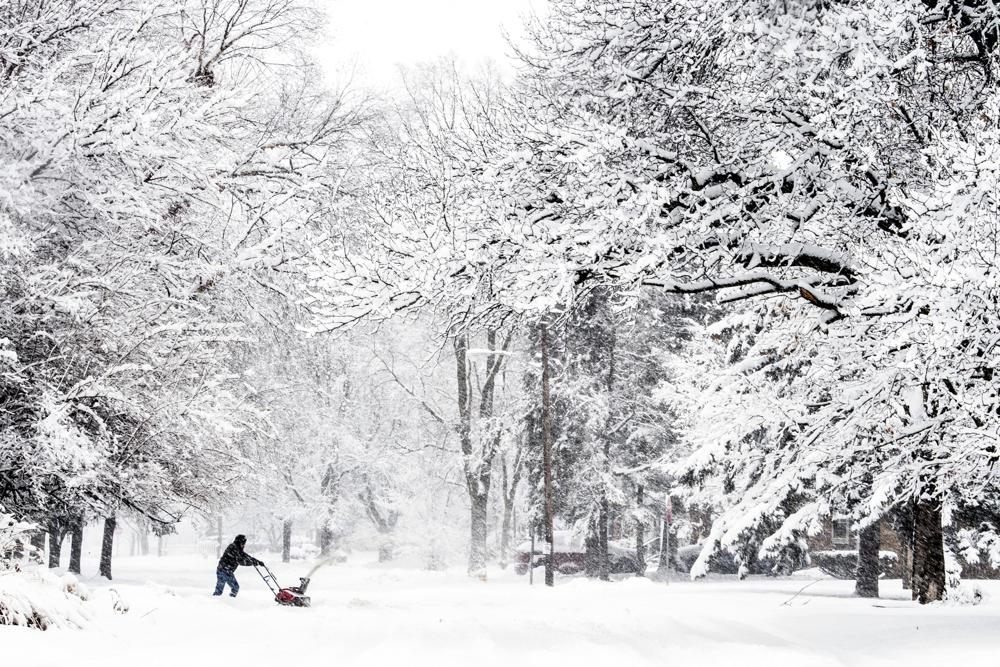

Many places in the mountainous and high hill areas have witnessed heavy snowfall. As a result, life has been affected in many ways while it has also attracted domestic tourists.
The people in the upper Manang have migrated to the lowland to avoid cold and snowfall. Tourism and development activities in the area have also been affected do the increasing cold.
In recent years, locals here have noticed changes in the pattern of snowfall. It has been irregular and disproportionate. One year, the district receives a heavy snowfall while it is just partial next year. Locals believe that it is all happening due to the impact of climate change.
A large number of livestock were killed by a snowfall some years ago in Upper Manang. Local farmer Yangdung Gurung said the rate of snowfall has decreased in recent years. “In the past, we would see heavy snowfall. Now, it has become off-seasonal.”
Ngisyang Rural Municipality Chair Kanchha Ghale said, “Now, we don’t see the snowfall as much as in the past. There would be almost five feet deep snowfall in the lower areas. But it is just partial and disproportionate in recent years. The effect of snowfall is mixed: sometimes it is good for winter crops, sometimes it is painful.”
Though the snowfall affected the people’s daily lives, farmers are elated with the hope that it would be beneficial for their farms.
“Snowfall is taken as a boon for crops,” said Agricultural Knowledge Centre, Manang’s Chief Rajesh Gurung. As he said, snow will moist the inner surface of the land. It is favorable for apple, walnut, buckwheat, potato farming, and other winter crops alike. Moreover, it helps control the attack of the pesticide on fruits and vegetables.
In recent years, the decline in snowfall has led to the fall in apple production and degradation of its quality as well.